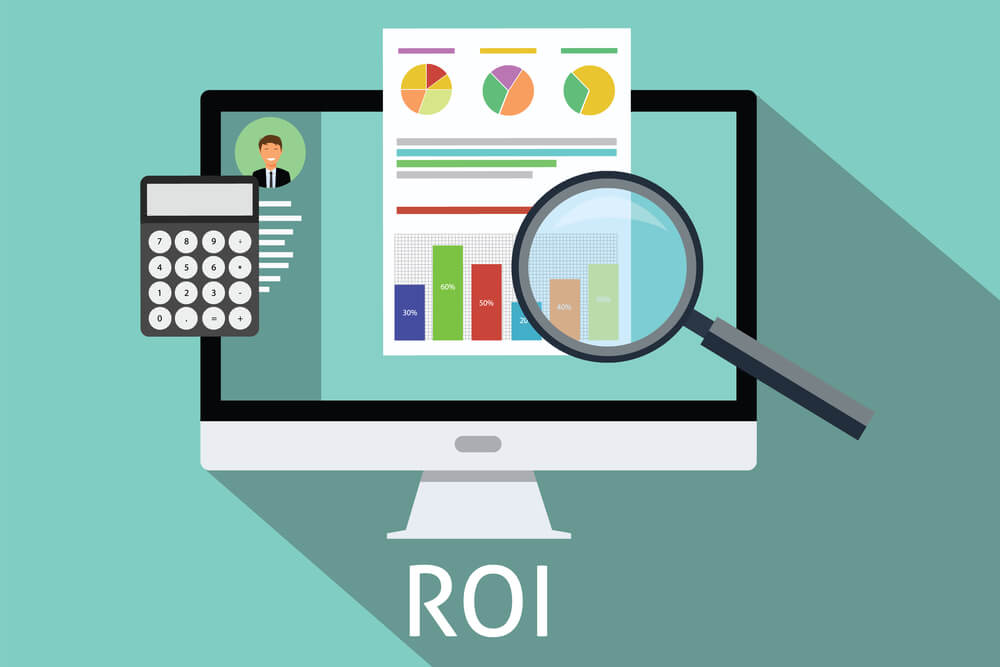Measuring the ROI of influencer marketing

Understanding the return on investment (ROI) in influencer marketing is pivotal for businesses aiming to leverage social media personalities to boost brand visibility and sales. This guide aims to demystify the process of measuring influencer marketing success.
By breaking down the strategies and metrics involved, businesses can gain a clear insight into the effectiveness of their influencer collaborations, ensuring that every dollar spent contributes to their overarching marketing goals.
Introduction to Measuring Influencer Marketing ROI
Measuring the impact of influencer marketing campaigns is crucial for businesses aiming to make the most out of their marketing budgets. In a digital age where influencer endorsements can sway consumer behavior significantly, understanding the ROI of these efforts is paramount.
However, calculating this ROI involves more than just tracking sales figures. It requires a comprehensive approach that evaluates various performance metrics to paint a clear picture of an influencer's effectiveness in promoting your brand.
This includes analyzing engagement rates, audience reach, lead generation, and ultimately, the conversion rates attributed to the influencer’s promotion.
Understanding these metrics not only helps in evaluating past campaigns but also in planning future collaborations more effectively.
Setting Clear Goals and Objectives
Before launching an influencer marketing campaign, it is essential to define clear, measurable goals. Objectives can range from increasing brand awareness and engagement to generating leads and boosting sales.
Aligning these goals with your overall marketing strategy ensures that the influencer campaign is moving in the right direction. Moreover, it helps in selecting the right influencers whose audience aligns with your target market.
These pre-defined objectives will later serve as a benchmark for measuring the success of your influencer collaborations.
Key Metrics to Consider
To gauge the effectiveness of influencer marketing campaigns, several key metrics should be monitored. Engagement metrics such as likes, comments, shares, and the quality of interactions can indicate how resonantly your brand is being presented by the influencer.
Moreover, tracking website traffic, conversion rates, and an increase in followers or subscribers can provide concrete data on the campaign's performance. These metrics offer insights into how well the influencer is driving tangible results for your brand.
Advanced analytics tools and software can aid in compiling and analyzing these metrics accurately, providing a clearer understanding of the ROI.
Additionally, calculating the cost per engagement (CPE) and the overall investment versus the return can directly reflect the financial efficiency of your influencer collaborations.
It's also important to consider the long-term impact, such as brand loyalty and customer lifetime value, that may stem from these marketing efforts.
Utilizing Influencer Marketing Platforms
Leveraging specialized influencer marketing platforms can streamline the process of managing campaigns and measuring their success. These platforms offer tools for tracking key metrics, facilitating communication with influencers, and compiling comprehensive performance reports.
By using these platforms, businesses can save time and resources, making the optimization of the influencer marketing strategy more straightforward and data-driven.
Case Studies and Testimonials
Examining case studies and testimonials from businesses that have successfully measured and optimized their influencer marketing ROI can provide valuable insights. These real-life examples highlight the strategies, challenges, and adaptations necessary for measuring influencer marketing effectiveness.
Learning from these experiences can guide your approach, helping avoid common pitfalls and implement best practices for maximized returns on your investments.
Regular Review and Adaptation
Measuring influencer marketing ROI is not a one-time task. It requires continuous monitoring and adjustment to adapt to changes in consumer behavior, social media algorithms, and influencer dynamics.
Regularly reviewing campaign results helps in identifying trends, refining strategies, and making informed decisions for future influencer collaborations. This iterative process ensures that your influencer marketing efforts remain relevant and effective over time.
Final Thoughts
Measuring and understanding the ROI of influencer marketing is crucial for businesses seeking to leverage this powerful strategy effectively. By setting clear goals, monitoring the right metrics, and adopting a dynamic approach to campaign management, businesses can ensure that their influencer marketing efforts yield positive returns.
In an era where digital marketing is increasingly complex and competitive, mastering the art of measuring influencer marketing ROI can provide a significant edge. It empowers businesses to make data-driven decisions, optimizing their marketing strategies for maximum impact and efficiency.
In conclusion, the process of measuring the ROI in influencer marketing is multifaceted, but by focusing on the right metrics, utilizing advanced tools, and learning from the successes of others, businesses can unlock the full potential of their influencer collaborations. As the digital landscape evolves, so too should your approach to influencer marketing, ensuring that every campaign contributes positively to your brand's growth and success.

Related